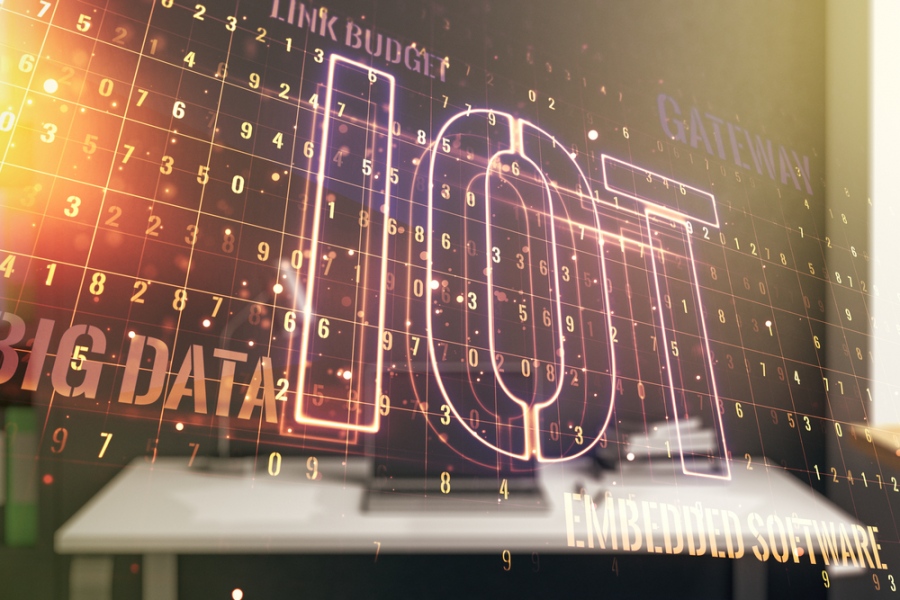As the population continuously grows, demands for services also increase simultaneously, leading to the constraint of essential resources.
Because of this, cities would have to think of innovative ways to improve public safety, ensure sanitation and manage traffic. One of the most effective solutions that have been proven to aid in resolving these problems is by using technology.
Moreover, the advance towards globalization is something that’s long been happening. In fact, it is said that there will be an expected population growth from 3.6 billion to approximately 6 billion by the year 2050.
When you think about this, the existence of technology is crucial and necessary if we want significant changes to happen.
Through smart infrastructure or varying technologies such as the IoT, we have every opportunity to solve concerns involving the environment, services, and safety.
To help you understand further, listed below are some of the most essential ways IoT can help loosen the demands of infrastructure for smart cities.
1. Smart and Sustainable Energy
The main priority of smart cities is usually energy saving, among many others. Smart energy technology gathers and pools the data, which researchers then use. In turn, the cities that will utilize such information will be able to know how to improve the efficiency of their energy by up to 30%.
Aside from this, they can also choose to reuse certain energy sources that will help them further manage their water supply. Moreover, they can also seek ways to better lessen wastage of energy, including pollution.
In fact, when we try to look at the need for power when it comes to IoT applications, there’s no surprise at how energy demand keeps increasing annually.
With this, various grid operators are constantly searching for ways to save on distributing maintenance, not to mention transmission.
At the same time, utilities provide better quality services to grab users’ attention. Moreover, this kind of innovation catalyzes the development of new and existing energy sources like biogas, industrial waste, biofuels, and more.
These kinds of changes consequently open more opportunities for business models and even services as well. For example, with energy sources being connected, there can be better energy flow throughout the grid.
2. Enhanced Data Analyzation
What’s great about IoT is that it can analyze large amounts of data which could then be transformed into useful information.
Basically, this means that all the data that is gathered from traffic safety devices like traffic cones or city sensors can aid the town to stay aware and alert for future occurrences or happenings.
Furthermore, this can also be beneficial when planning sustainable development for the future. Research states that at least 20% of IoT is being utilized in different smart cities and that a distinct improvement shall be seen for transportation and infrastructure starting the year 2020.
3. Intelligent Data
Improved data analysis breeds more avenues for smart data to existing.
This type of digital information is especially significant for the citizens since they will quickly discover areas with free parking spaces before the data is even transferred to the platform for assessment.
For example, self-driving vehicles would usually need immediate analysis from their processors, which the operator receives quickly in no time. This is just one of the many uses of IoT.
Moreover, intelligent data also guarantees an error-free blueprint. Before, procedures in construction would need thorough analyses of the building’s life cycle so that it’s ensured to be free of any errors.
Intelligent data makes consistency maintenance possible and more manageable because everyone knows exactly what is happening and what needs to be done.
4. Enhanced Security
Data tampering can pose a large problem for construction managers to solve if ever that instance occurs. However, with IoT alongside cloud-based solutions, everything is exponentially more convenient.
Through IoT, managers can now easily switch from one project to another, even with the overwhelming amount of data. It makes the process more streamlined, systematic, and easier.
Bottom Line
IoT technology has plenty of things to offer that can be beneficial for the construction industry. Because of all these reasons mentioned above, more people have been utilizing this kind of technology for better quality efficiency and productivity as well.


